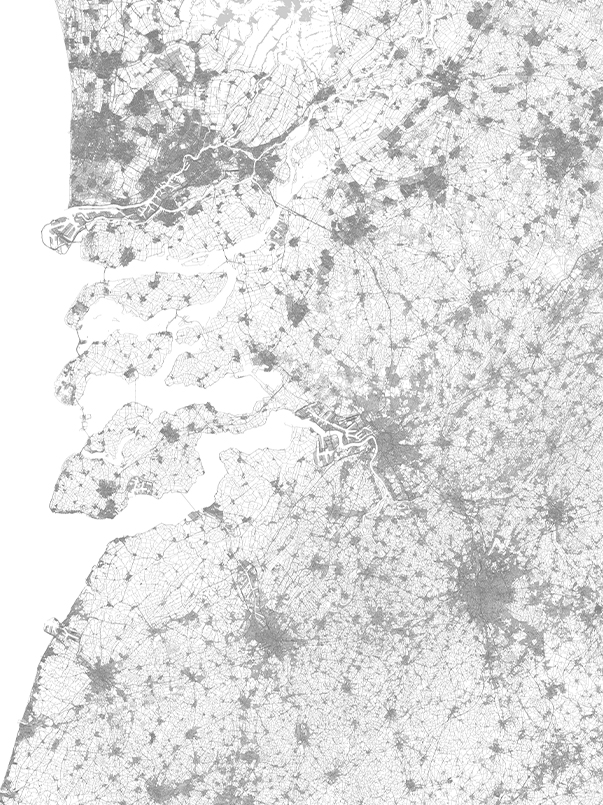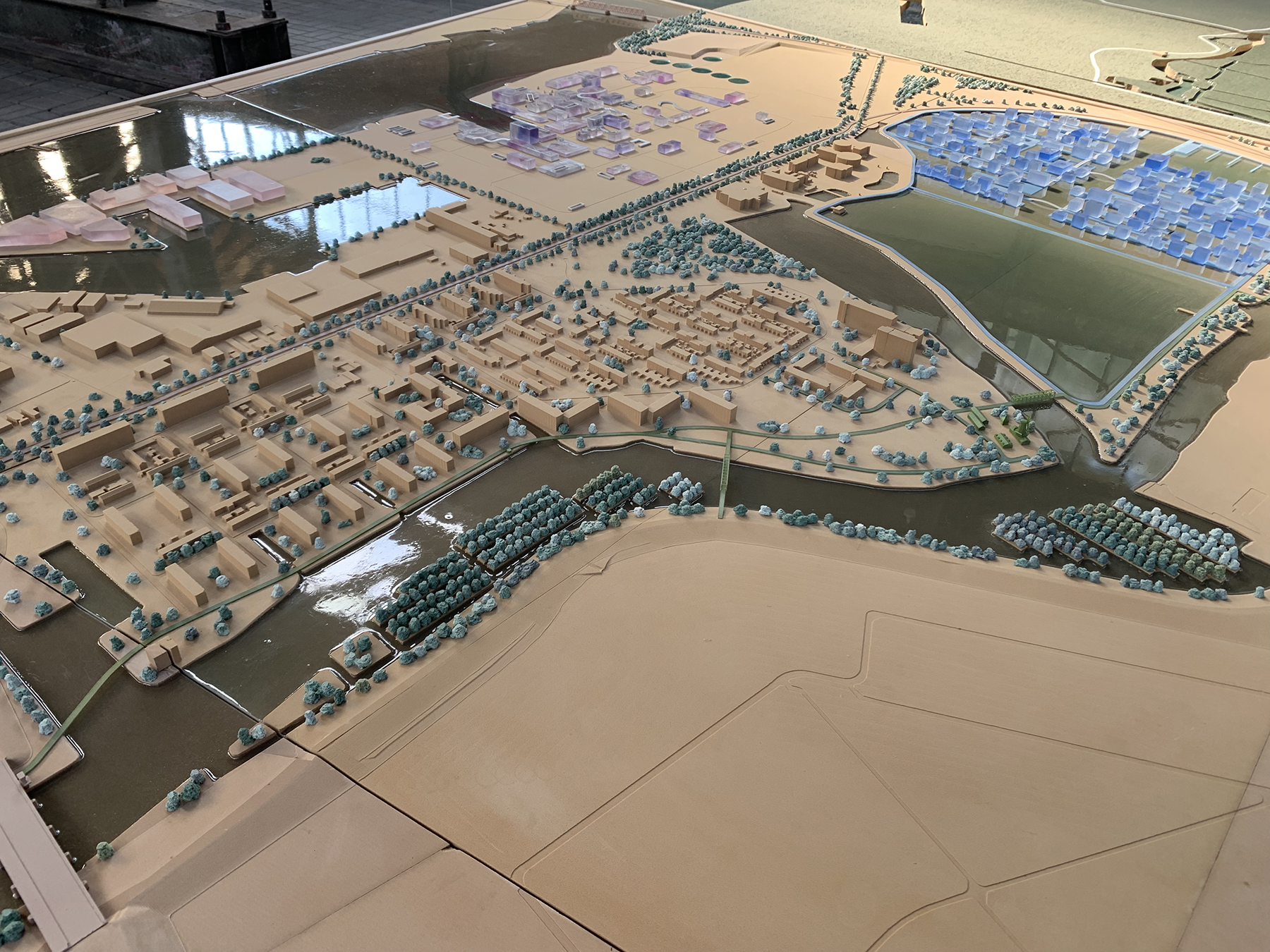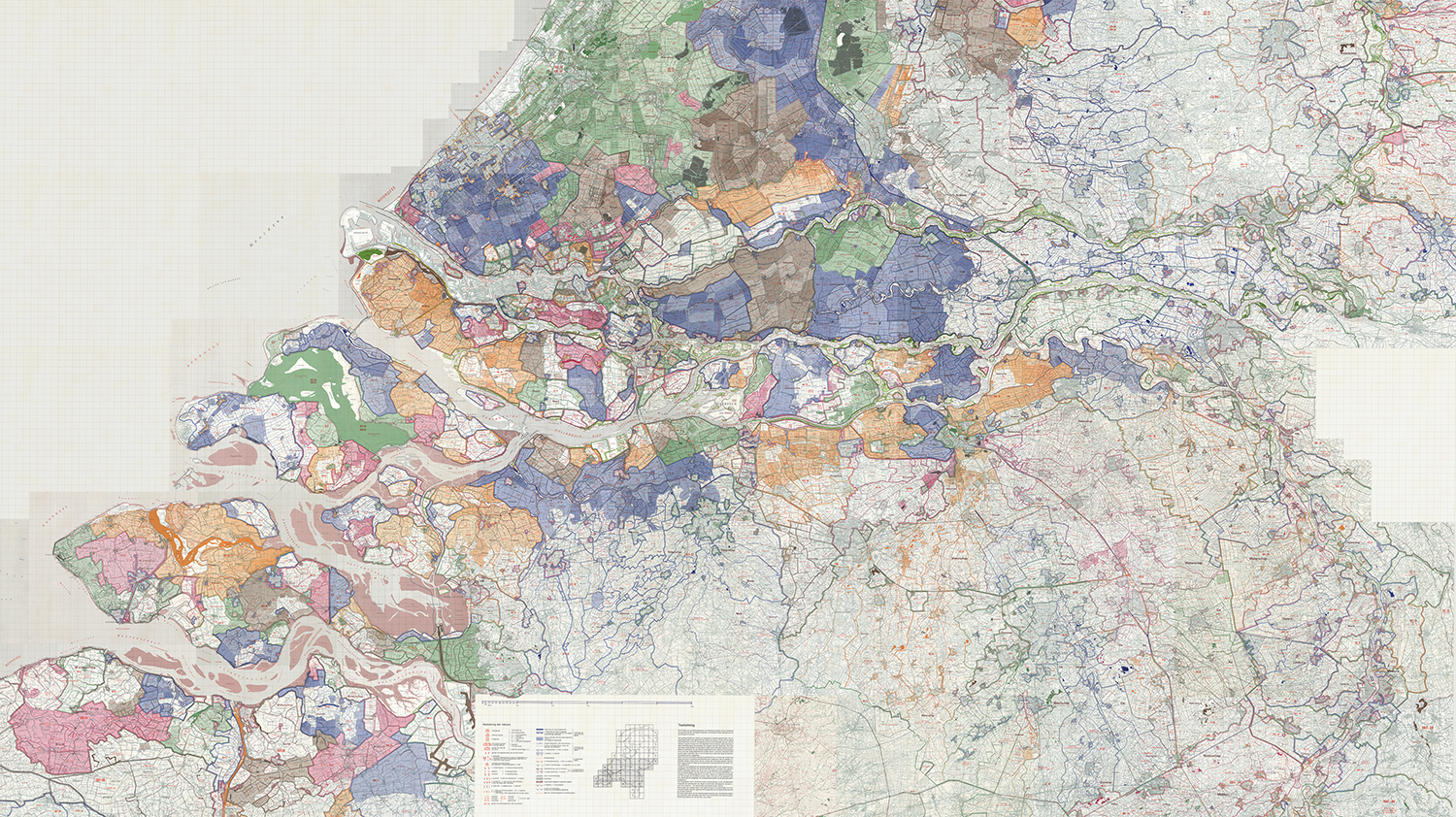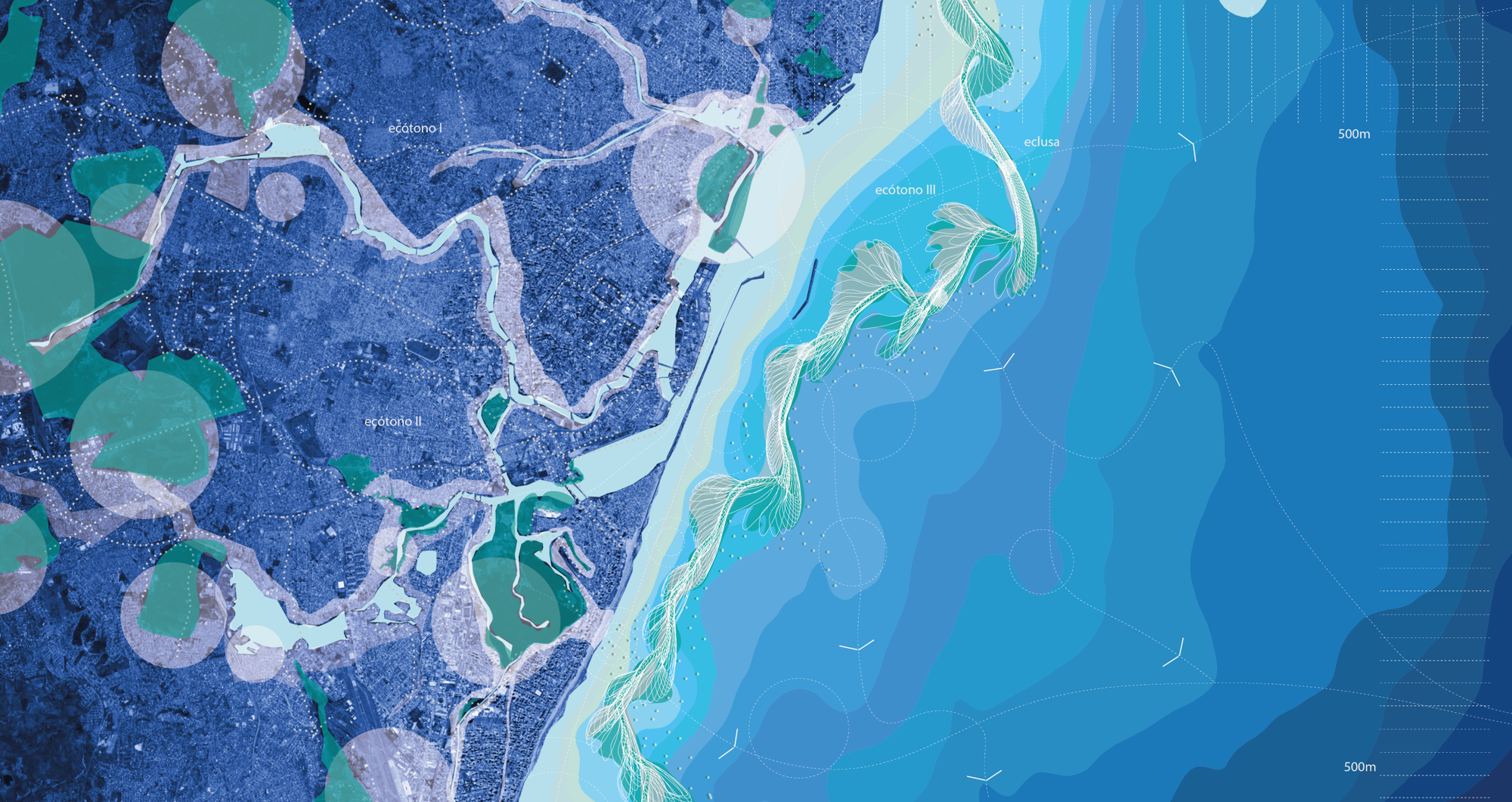
Innovative partnership to accelerate climate change transitions
Delta Urbanism research group TUD, IHE Delft Institute for Water Education, together with Cambridge Center for Resilience and Sustainable Development (CRSD) and the Alliance for Climate Resilient Earth (ACRE)
invites to a high-level network meeting, to take forward the imperatives of the IPDC (International Panel on Deltas and Coastal Areas) on accelerating via action research the necessary transition relating to climate change adaptation.
What is new, what is different?
Our challenges and roles:
- Accelerate the search for innovative partnerships and increase the connections between industry, knowledge institutes and government actors
- Advancing new knowledge and concrete tools towards transformative Delta management.
- Provoke a serious knowledge chain transfer using advanced action research programmesDesign repeatable solutions that can be applied in a local context to deltas across the globe
- Accelerate local responses for improving the way we manage delta areas
The IPDC framework posed critical challenges to advance and deploy concrete actions and partners to accelerate the local responses to climate change variability in deltaic/coastal areas. The team that links, ACRE-CRSD-TUD Delta Urbanism Research Group and IHE Delft, aims to reveal, advance and support new knowledge and concrete tools to transform delta & coastal management.
The need to expand and advance concrete innovative actions, and the need to accelerate the local responses for improving the way we manage delta and coastal areas is an imperative. This line of thought coincides with the need to search for different actors and innovative partnerships including the private sector to create a global transition forum that develops creative solutions using action research programmes to provoke a serious knowledge chain transfer, expanding with new actors and new integrated strategies.
The aim is to create better management frameworks, expand the range of concrete tools, and apply strategies that can be replicated with a local context in areas with deltaic/coastal conditions globally.
Under the umbrella of Dies Natalis (182 years) of The Technical University of Delft, the delta urbanism research group was selected to celebrate the institutional anniversary with the Delta week and will co-organize a week to explore challenges and partnerships on Delta management.
On 11 January 2024, the focus is : :
‘How to shape the futures of our Deltas’.
Together with our institutional partners and guests we will have a first network meeting with diverse private sector firms and governmental representatives to explore synergies and proposed actions. This could set a good opportunity to prepare a first conference/working session led by ACRE and CRSD, to bring to the table new possible partners that share the urgency of our group’ aim, as well as bring new approaches, knowledge, and capacities to enhance IPDC capacities with concrete possibilities. The plan is to invite several technological-based companies with concrete methods and tools to explore their possible contribution to the IPDC network.
The focus of this work is to bring together innovative actors for innovative solutions and with them explore new alignment through Action Research to not only advance the overall IPDC network but also to work with specific local partners. The innovation perspective also allows us to invite different governance officials, from diverse levels, from the EU (Innovation directorate) to NL knowledge and industrial partners to join the programme.
The current ex-ante scan of ACRE already has a clear point of understanding and manifested interest with global leading companies and agencies as:
- PWC
- Veolia
- CISCO
- Shell
- Arcadis
- US Army Corps of Engineers
- Zurich Insurance
The plan is to invite them and or other possible companies to join a half-day working session with possible and potential local partners and the IPDC Netherlands team to disseminate the possible tools, advance on its possibilities to improve Delta Management, and create concrete research and action plans to test and advance on its possible projections.
More details will come.
Any questions, please do not hesitate to contact us:
d.a.sepulvedacarmona@tudelft.nl
Programme
Download pdf / 83.11 Kb










